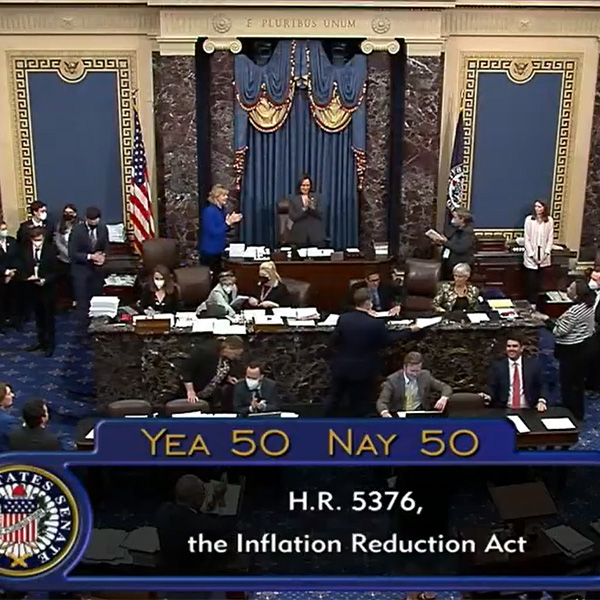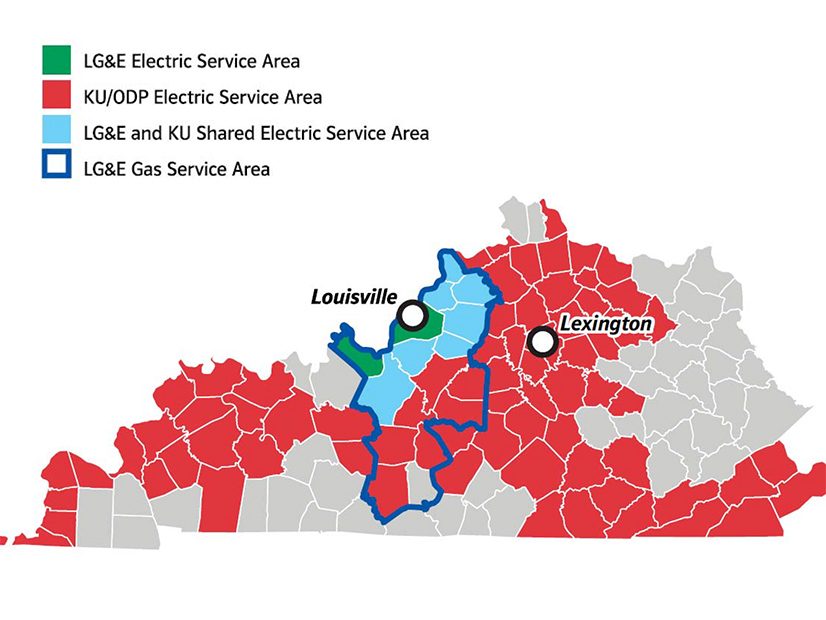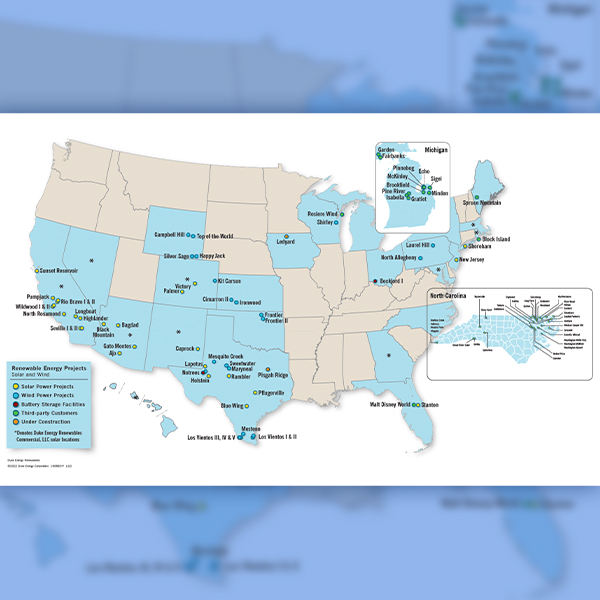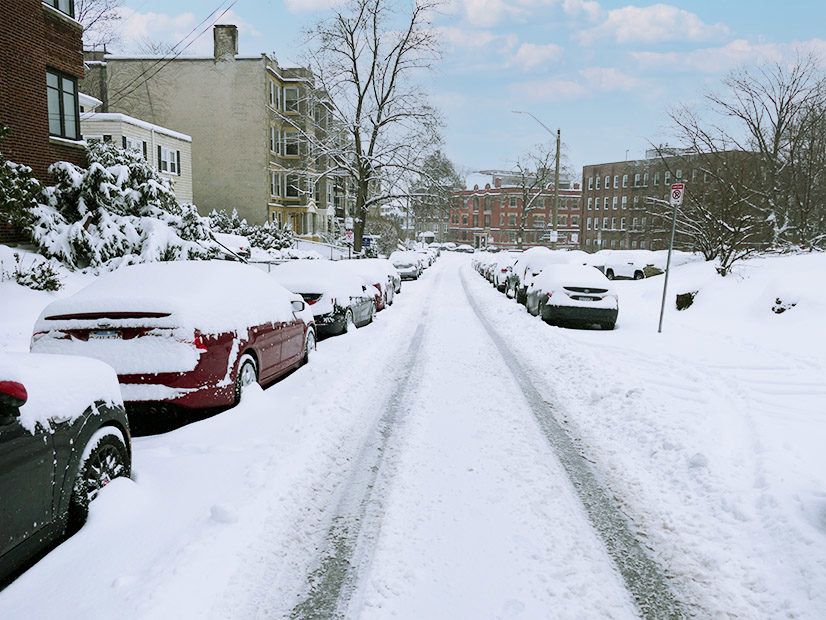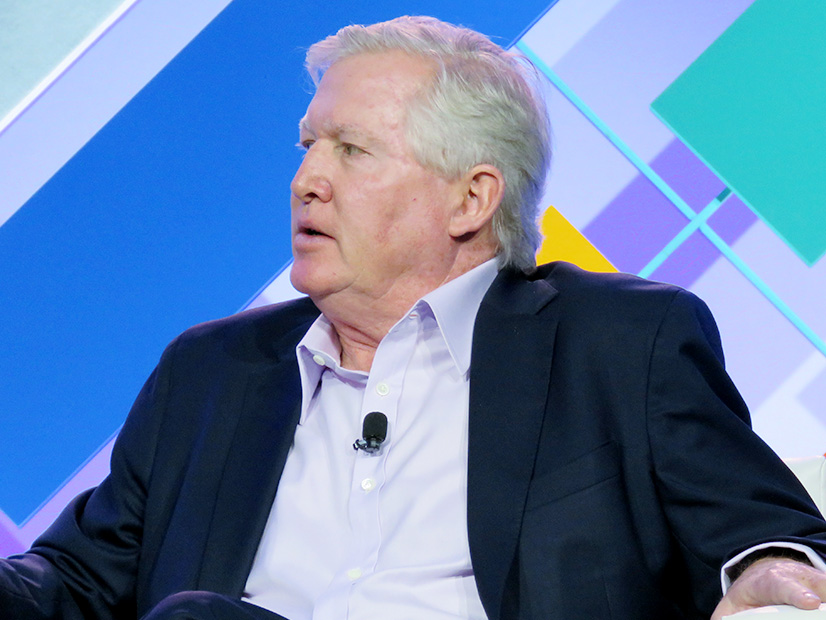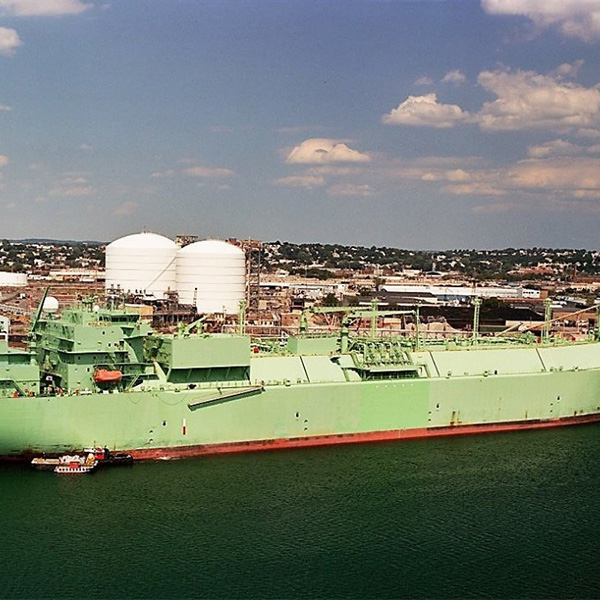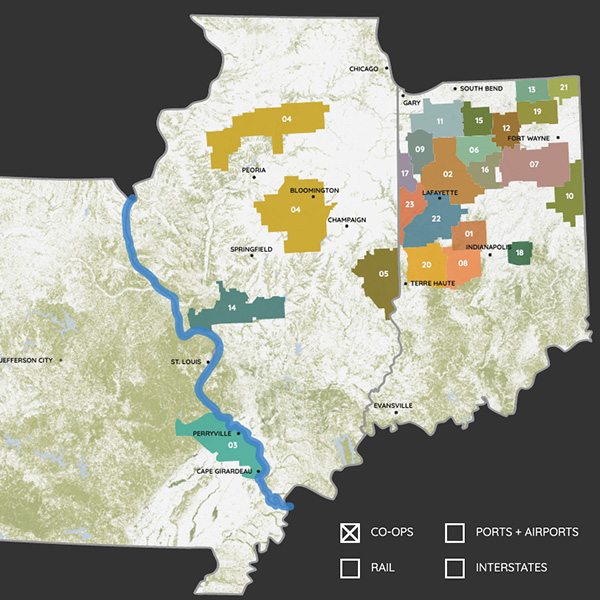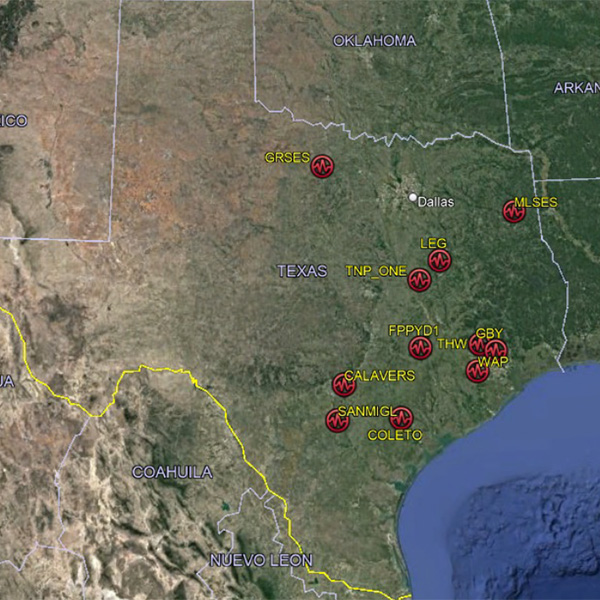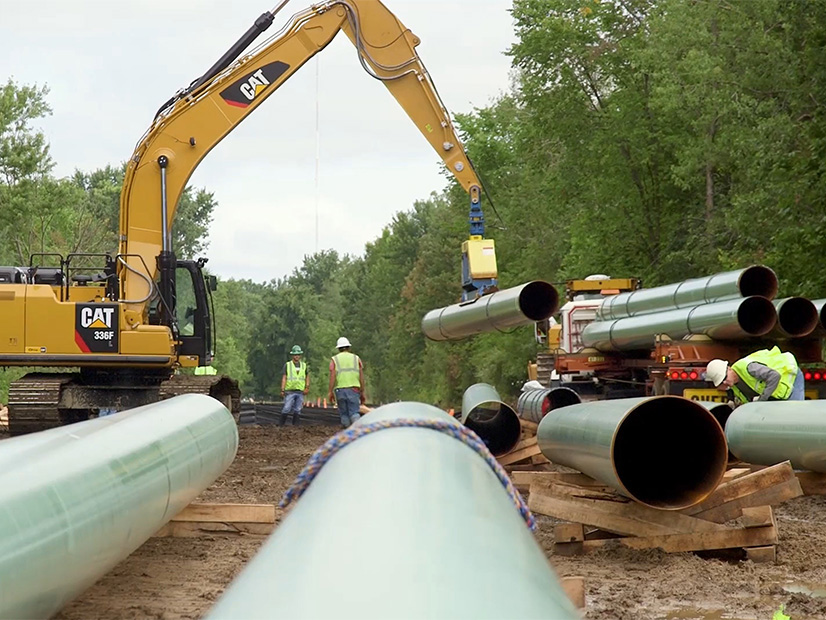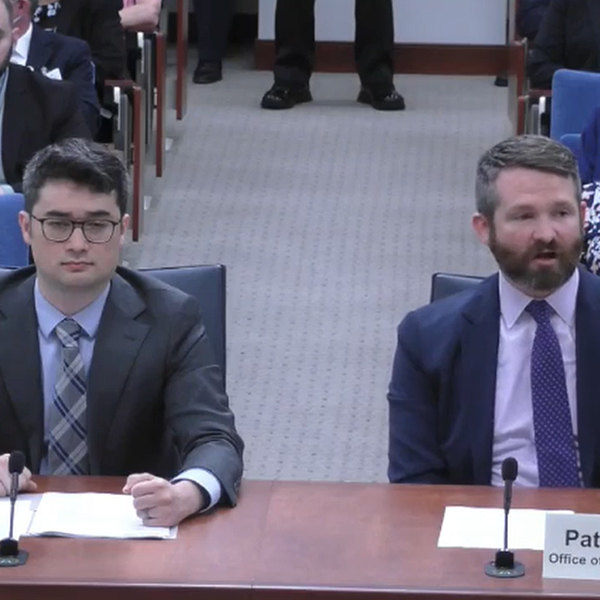FERC & Federal
The Federal Energy Regulatory Commission is an independent regulatory agency that oversees the transmission of electricity, natural gas and oil in interstate commerce, as well as regulating hydroelectric dams and natural gas facilities.
Following a marathon of debate, the U.S. Senate passed the Inflation Reduction Act with all of its $369.75 billion in clean energy spending intact.
FERC failed to consider the impact of potential rate increases when it allowed LG&E/KU to partially exit market power mitigation, the D.C. Circuit ruled.
Duke Energy put a “for sale” sign on its 3.5-GW commercial renewable business, saying it wants to focus its capital on regulated spending.
NESCOE urged ISO-NE to share confidential data about fuel supply and grid reliability with FERC ahead of the upcoming winter.
Exelon said the proposed 15% minimum corporate income tax in the Democrats’ energy and climate bill could impinge its cash flow, slow infrastructure investment.
New England governors asked Secretary Granholm to consider waiving the Jones Act for LNG imports and tapping the Northeast oil reserve for heat this winter.
FERC acted reasonably in rejecting a Wabash Valley Power contract and denying it a Mobile-Sierra presumption, the D.C. Circuit Court of Appeals ruled.
ERCOT's Technical Advisory Committee endorsed two transmission projects with a combined capital cost of more than $760 million.
The passage of the Inflation Reduction Act, formerly known as the Build Back Better Act, is once again hanging on the vote of a conservative Democrat.
FERC proposed allowing RTOs to share credit information about market participants, fulfilling a request the grid operators made at a 2021 technical conference.
Want more? Advanced Search
